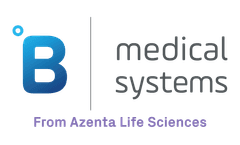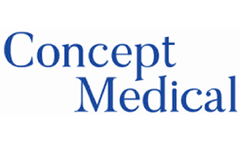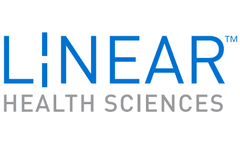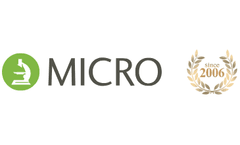Hospital Research Articles & Analysis
14 articles found
It wasn’t just during delivery that the cold chain was critical, but also at the various stops in the supply chain (such as hospitals, warehouses or research centres) where these samples would be stored for a varying length of time, depending on their final destination and other factors. ...
The comprehensive cancer center designation means patients can access treatments exclusive to Karmanos, as well as clinical trials, cancer prevention programs, and multidisciplinary teams of cancer specialists — a comprehensive approach you cannot find in many large hospitals or health systems. Because comprehensive cancer centers are at the forefront of cancer ...
Despite COVID-19 ravaging world over, the pace of enrolment is remarkable considering the fact that the healthcare facilities are occupied in caring for patients hospitalized with COVID-19. Although COVID-19 crisis still looms over us, Cardiovascular Disease (CVD) remains the number one killer and Diabetes continues to be the key comorbidity and contributor to Coronary Artery ...
They are providing a service according to the needs of hospitals, faculties, research centers, and clinical analysis. One of their business units is the marketing of reliable individual and multipanel blood and urine lateral flow tests. ...
ByIUL S.A.
Healthcare institutions are no exception. Hospitals benefit from this advanced connectivity through increased efficiencies, lower costs, and better patient care. ...
However, those CAR-T cells lacking the DNA methyltransferase 3α (DNMT3A) gene usually have the ability to continuously attack cancer cells. Recently, St. Researchers at Jude Children's Research Hospital published a research paper entitled "The Deleting DNMT3A in CAR-T cells Enhancement Antitumor Activity Prevention" in ...
Israeli-founded firm Sight Diagnostics, the company that uses AI and cutting-edge hardware to deliver rapid, complete blood count results, has signed a new research agreement with Jerusalem’s Shaare Zedek Medical Center to identify the possibility of blood cancer using a combination of images and data collected from Sight’s OLO device and patient clinical information ...
The Covid-19 pandemic has left a devastating mark on the US healthcare system. Struggling nurses and doctors have revealed the cracks that exist within the system and are demanding change to improve their lives and the well-being of their patients. A digital revolution has been started in the US healthcare industry, giving hope to those who have dedicated their lives to it. A medical trend ...
For research facilities, hospitals, clinics, doctor offices and other medical establishments, vaccine storage is absolutely critical to ensuring the accuracy and efficiency of vaccines administered. ...
This wrist bracelet could be further developed as a tool to record dose of upper limb practice for research or clinical practice, as well as providing motivation and accountability to patients participating in treatments requiring upper limb movement repetitions. ...
Chris Cheney at HealthLeaders Media released an article related to IV Catheter Dislodgement, the potential impact, and the need to audit these types of occurrences. The article focuses on Nancy Moureau’s work in understanding the impact of IV dislodgement, and ultimately a call to action: Records should be tracked with IV dislodgement reports as a mandatory effort, to continue to quantify ...
“I thought, if there are people who are afraid of coming here, I need to do something to assuage their fears,” Walker recalls thinking. He researched how hospitals were addressing the problem of poor air quality, but remodeling his entire office with a large air filtration system was cost prohibitive. ...
.* while the number of incidents is small compared to the number of procedures performed, even one is too many for any clinic, hospital or research facility. A comprehensive MRI safety program is a must for any health care provider with a zero tolerance for MRI errors. A zero tolerance protocol should be built on three basic steps: Assess the hazards ...
These tend to operate in knowledge-driven clusters centred upon universities, research hospitals and research institutes, supported in major ways by public funding. ...














